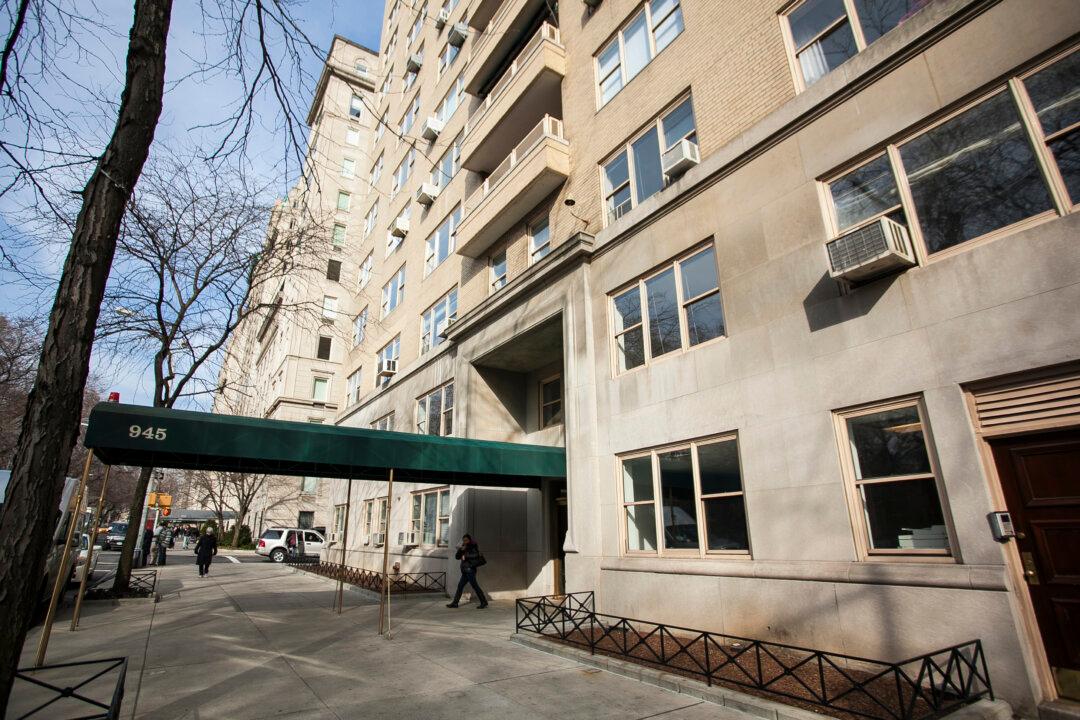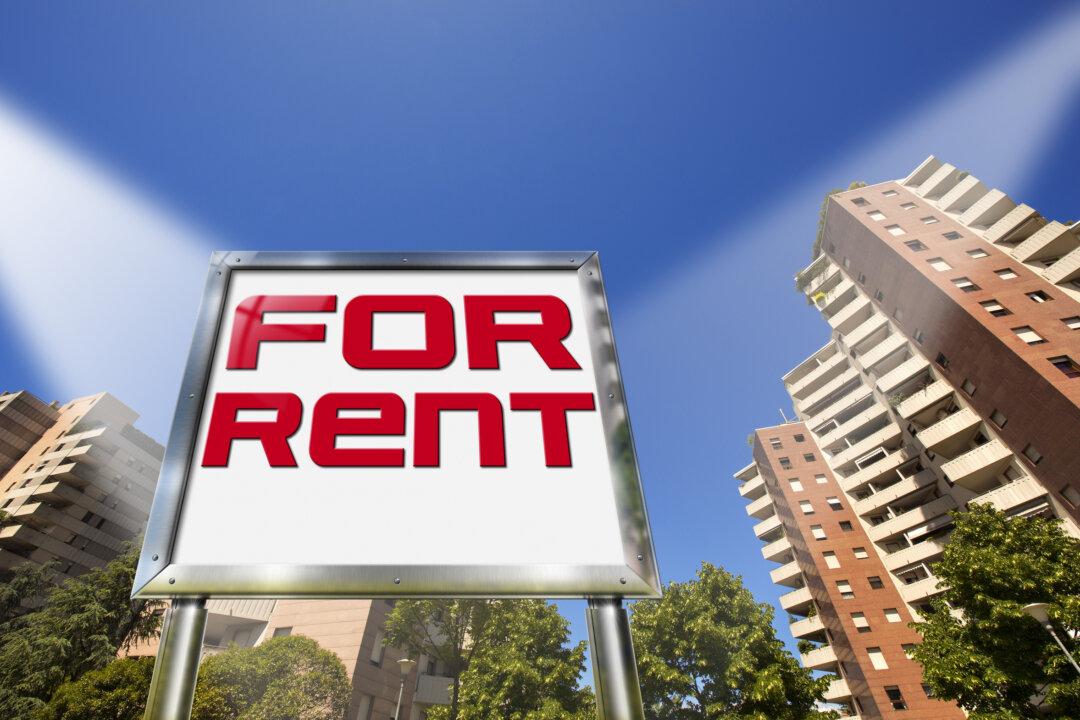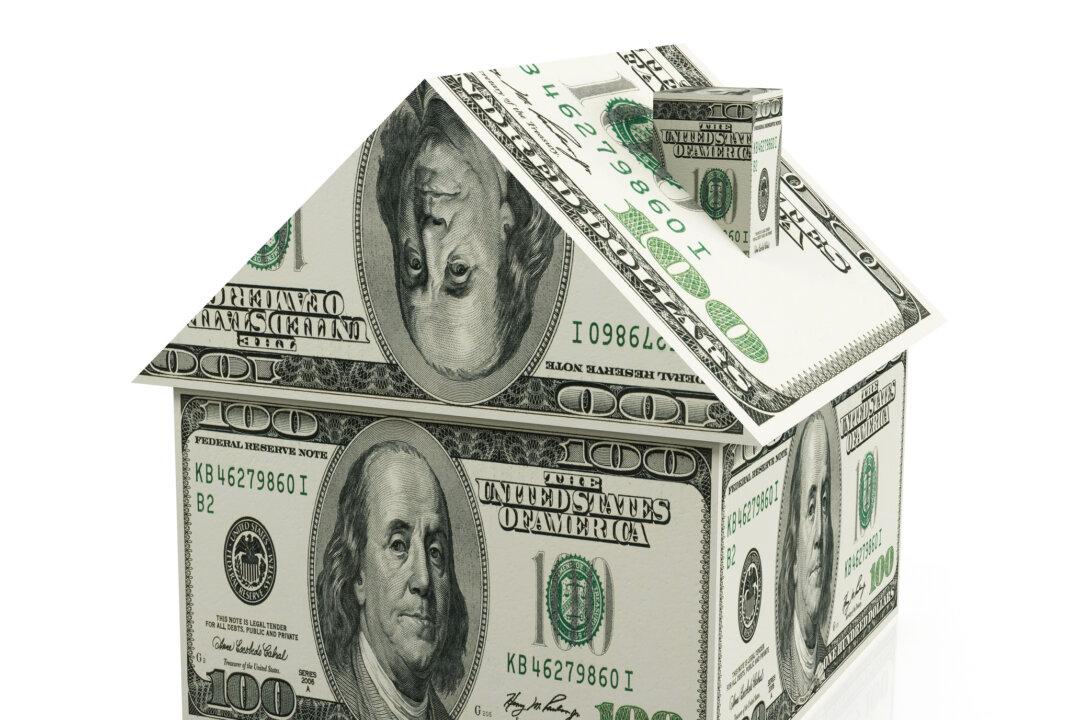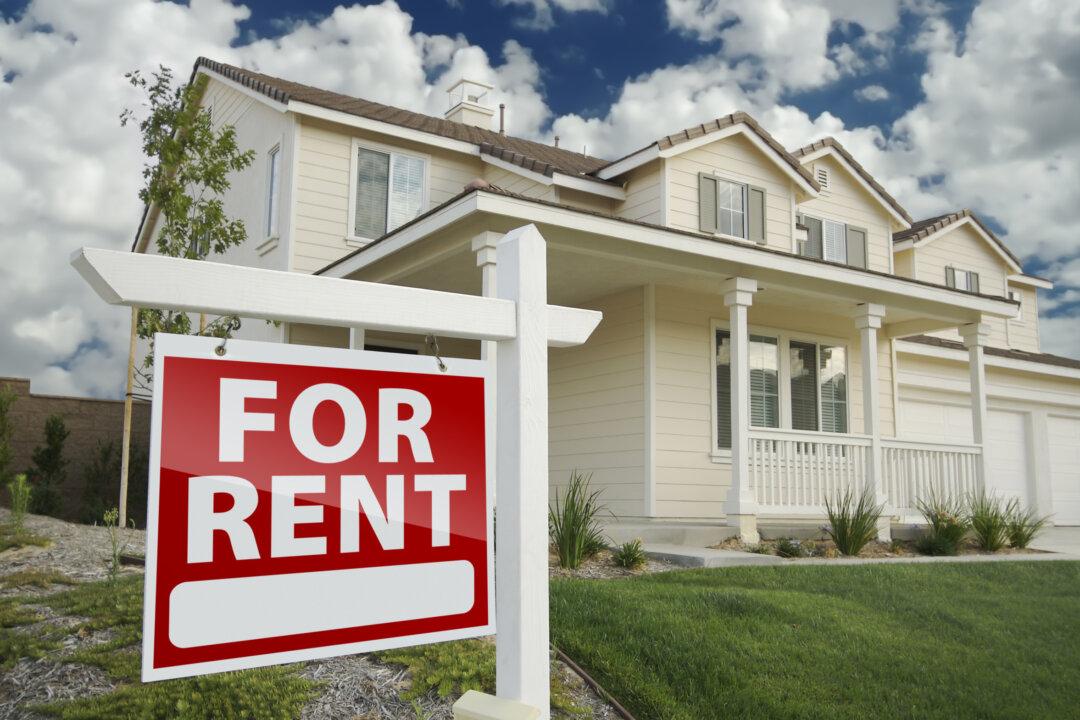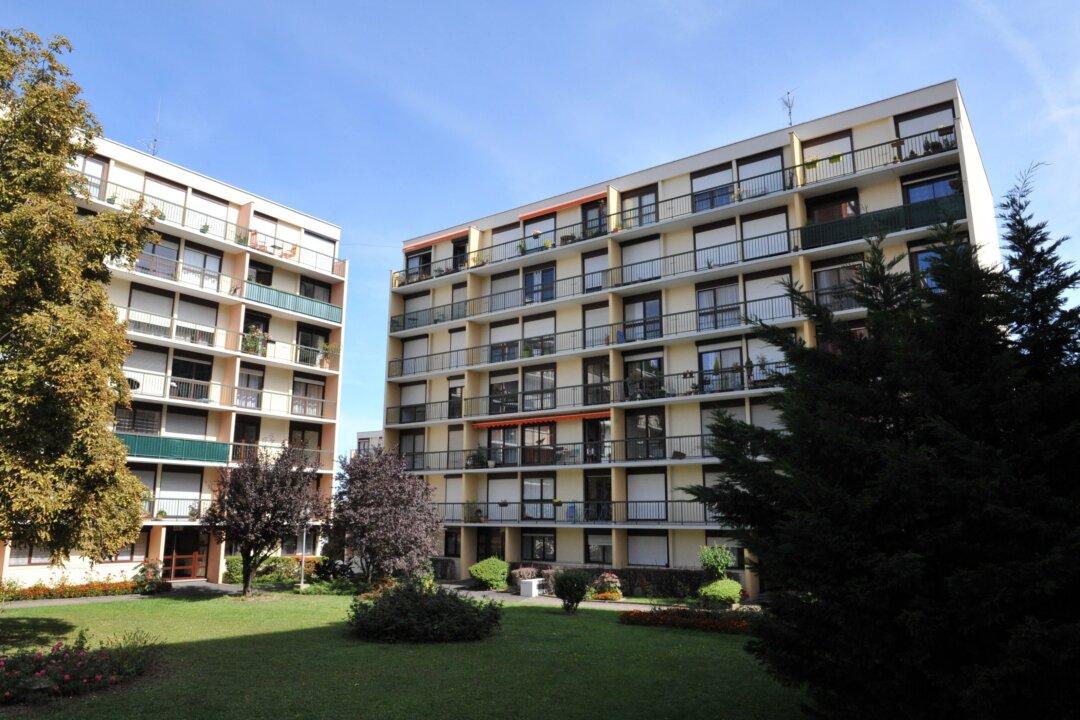When I started buying rental properties, I made a lot of mistakes as a landlord and property manager. Here are some of the most common and irritating ones, in no particular order. Avoid them and save yourself a lot of money and headaches.
1. Not Screening Tenants
You should always do some kind of background check on your tenants. A bad tenant is worse than no tenant. Keep your unit vacant until you find a good tenant, no matter how desperate your are to rent it.
Good tenants are those who pay their rent on time and take good care of the unit. Speak with the previous property manager, who will be able to tell you about your prospective tenant.
I once had a person show up with two months’ rent. I was desperate to rent that particular unit, so I rented it to him on the spot. That mistake wound up costing me about $40,000, as the tenant destroyed the property.
2. Not Maintaining Your Property
If you let your property get run down, you will attract bad tenants who will treat it poorly, thus running it down even more. You will end up having a high turnover of tenants. Make sure you do proper maintenance and upkeep of your property.
3. Letting Your Tenants Pay Late
I have heard just about every story imaginable. My good nature has cost me thousands in unpaid rent. Now I start the eviction process the day the rent payment is returned or late. Don’t get emotionally involved. This is business.
4. Not Having a Lease in Place
Make sure you always have a lease with your tenant that describes all the terms and conditions of the rental arrangement. Get your lease reviewed by your lawyer, or use one from a reputable source (government or realtor). Without a lease you have no formal agreement in place should there ever be a reason to dispute the rental arrangement.
5. Not Collecting a Deposit (or Last Month’s Rent)
You need some kind of upfront commitment from your tenants. Lots of people have asked if they can pay the deposit later. They rarely wind up doing so.
Make sure the deposit has cleared and the funds are in your account. Make sure you get cash or a certified check, and that the check clears before you hand over the keys.
6. Not Getting Post-Dated Checks
If you don’t get post-dated checks upfront, then you will have to meet the tenant every month to collect rent, which can be very time consuming. My experience is that tenants never come to you to pay their rent.
Alternatively, you could have checks mailed to you every month, but that is not advisable since they may not arrive on time.
An exception to this rule is if you have some form of electronic payment process. I get 36 post-dated checks for my three-year rent-to-own agreements. See Rent-to-Own as a Successful Real Estate Investment Strategy for more information.
7. Not Having the Utilities Switched Over
Some tenants can’t get the utilities in their names due to some unpaid bills with the utility company. Don’t offer to keep the utilities in your name and then have the tenant pay you for them. Make sure they have the utilities in their own name prior to turning over the keys.
8. Becoming Friends With Your Tenants
Real estate investing is a business. You don’t want friendship getting in the way of dealing with tenant problems. If you develop a personal relationship with your tenants, it will be harder to evict them or treat them as “tenants” because you are emotionally involved.
9. Allowing Pets
I have too many bad news stories that involve pet damage and noise-related problems due to pets. I have had to call the SPCA because one tenant left his two dogs in my unit and abandoned them. The place was a disaster and cost me about $15,000 to repair. The bottom line is this: no pets.
10. Being Too Nice
Tenants can provide all kinds of stories about their “difficult” situation. A lot of the reasons are made up. They serve to delay the action you have to take and you end up losing rental income.
Start the eviction process the first day the rent is late. Some people will get offended, but you can explain you are just doing your duty according to the agreement and will call off the eviction once the rent is paid.
If you can avoid these 10 common mistakes a landlord can make, owning a rental property can be a very profitable experience.
Jim Pellerin has been investing in real estate for over 25 years. He is the author of “7 Steps to Real Estate Riches.” Check out his blog at www.jimpellerin.com.
